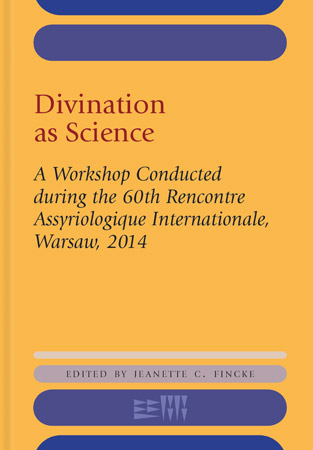Dec 13 2017
Call for Applications: Summer School. Sceptical Strategies, Methods, and Approaches in the Middle Ages: Christian, Islamic, and Jewish Traditions. Hamburg, Germany. July-August, 2018
Call for Applications
Summer School: Sceptical Strategies, Methods, and Approaches in the Middle Ages: Christian, Islamic, and Jewish Traditions
July 29–August 3, 2018, Hamburg/Germany
Application Deadline: January 31, 2018
Excerpt from the European Association for Jewish Studies web site:
In the second Summer School we will focus on major sceptic concepts, strategies and key terms in medieval Hebrew, Arabic, and Latin literature. Participants and instructors will focus on sceptical and anti-sceptical enquiry of concepts of truth and knowledge as well as sceptical methods of doubting and arguing. The Summer School will offer a unique platform to discuss the tension between philosophy and faith, and between reason and revelation within medieval discourses. Participants will be engaged with primary Hebrew, Latin, and Arabic texts. The aim is to provide participants with the tools to examine scepticism and anti-scepticism within Christian, Islamic, and Jewish contexts in relation to attaining true knowledge.
For more information, or if you have questions, please contact:
Maria Wazinski, e-mail: maria.wazinski@uni-hamburg.de, phone: +49-(0)40-42838-8605

